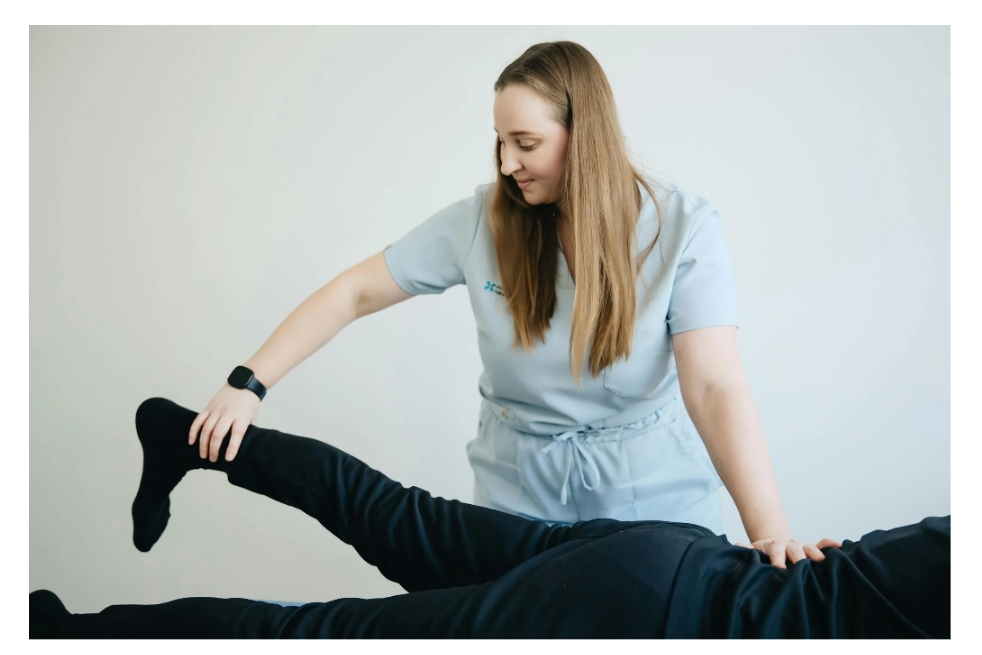Recovering from surgery, illness or injury often requires more than just time and rest. During these times, specialised care can prove to be paramount in gaining your strength and independence.
What is Short-Term Restorative Care?
Short term restorative care is designed for those who need temporary assistance. It bridges the gap between hospital care and home life. The primary goal is to help patients recover their functional abilities. This type of care typically includes physical therapy, occupational therapy, and other rehabilitative services. It is a temporary solution, usually lasting a few weeks to a few months, depending on individual needs.
Key Benefits of Short-Term Restorative Care
The benefits of short-term restorative care are numerous. For one, it offers tailored therapy plans to suit individual recovery needs. These plans help improve mobility, strength and overall health. You’ll get continuous support and monitoring, which include emotional support to help you stay motivated and positive.
Services Offered
Short-term restorative care covers a wide range of services. For example, physical therapy focuses on improving mobility and strength through targeted exercises. Occupational therapy helps patients regain skills needed for daily activities like dressing and cooking. Speech therapy assists those with communication or swallowing issues. Medical care, pain management and nutritional support are also integral parts of the care provided.
Choosing the Right Facility
Look for a facility with qualified and experienced staff. Check the range of services they offer to ensure they meet specific needs. It would be best to visit the facility and speak with their staff to get valuable insights. Consider factors like cleanliness, safety and the overall environment.
Physical Therapy
Physical therapy is a core component of short-term restorative care. Therapists create personalised exercise programs to improve strength, balance and flexibility. These exercises are essential for regaining independence. Physical therapy also helps reduce pain and prevent future injuries. Regular sessions and patient dedication are key to achieving the best outcomes.
Occupational Therapy
Occupational therapy aims to help patients return to their normal routines. Therapists focus on improving skills needed for everyday tasks, including activities like bathing, dressing and meal preparation. Occupational therapy enhances fine motor skills, hand-eye coordination and cognitive abilities. These improvements boost confidence and independence in daily life.
The Importance of Nutrition
Proper nutrition supports the healing process and provides energy for therapy sessions. Nutritional support in short-term restorative care includes balanced meals and dietary supplements. Dietitians work with patients to create personalised meal plans. Good nutrition promotes faster recovery and overall well-being.
Emotional Support and Mental Health
Recovery can be a stressful experience, and emotional support helps patients stay positive. Counselling and therapy services are often available to address mental health concerns. These services provide strategies for coping with stress and maintaining motivation.
Family Involvement
Where else can you find better support than your family? Family members can give additional support and encouragement. They can assist with daily activities and help maintain the patient’s motivation. Open communication between the family and care team is vital for a smooth recovery process.
Preparing for Care
Don’t forget to bring all necessary medical records and personal items. It’s important to wear comfortable clothing and footwear in every therapy session. Setting clear goals and discussing them with the care team ensures everyone is working towards the same objectives.
Addressing Potential Challenges
Patients may face difficulties during recovery, which can include physical limitations, pain or emotional stress. The care team will adjust therapy plans as needed and provide resources and strategies to help you overcome these issues.
Short-term restorative care offers comprehensive support for those needing temporary assistance. This type of care aims to help patients regain independence and improve their quality of life. Embracing the process and staying committed to recovery leads to the best outcomes!







